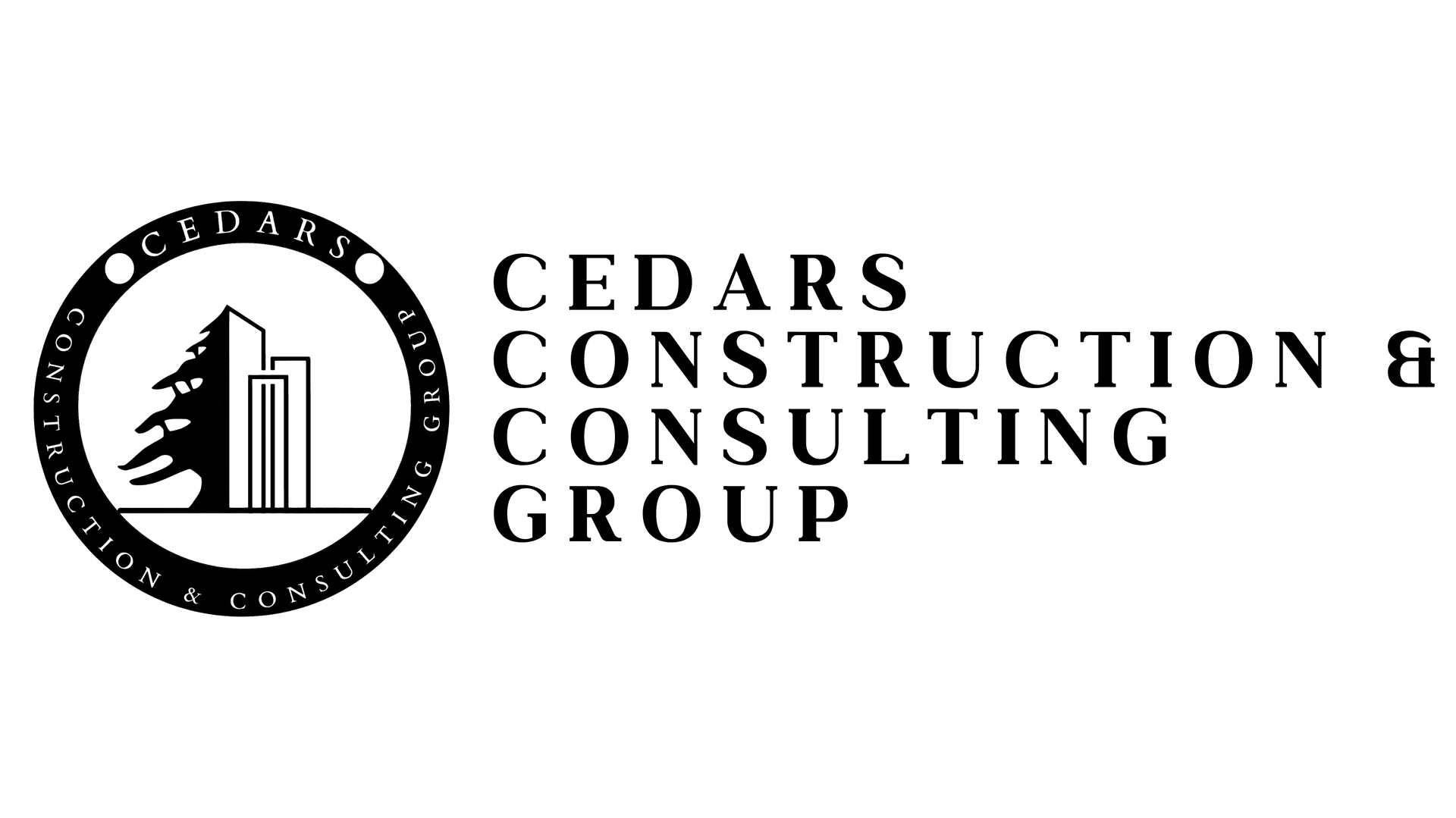How to Navigate Permits for Home Renovations in Philadelphia
Understanding the Importance of Permits
When planning a home renovation in Philadelphia, understanding the necessary permits is crucial. Permits ensure that your project complies with local building codes and regulations, safeguarding your investment and the safety of your home. Without proper permits, you may face fines, delays, or even be required to undo completed work.
Philadelphia has specific rules and guidelines regarding home renovations. These regulations cover various aspects such as electrical, plumbing, structural changes, and more. It's essential to familiarize yourself with these requirements before starting any project.

Types of Permits Required
Depending on the scope of your renovation, different types of permits may be necessary. Here are some common permits required for home renovations in Philadelphia:
- Building Permit: Required for structural changes, additions, or significant alterations.
- Electrical Permit: Necessary for any electrical work, including new installations or modifications.
- Plumbing Permit: Needed for any plumbing changes or installations.
- Mechanical Permit: Required for HVAC system modifications or installations.
Check with the Philadelphia Department of Licenses and Inspections (L&I) to determine the specific permits needed for your project.

The Permit Application Process
Applying for a permit in Philadelphia involves several steps. First, gather all necessary documentation, including detailed plans and specifications of your project. Ensure your contractor is licensed and has the appropriate insurance coverage.
Next, submit your application to the L&I either online or in person. Be prepared to pay the required fees, which vary based on the type and complexity of your project. After submission, your application will be reviewed by the relevant departments.
Navigating the Review and Approval
The review process can take anywhere from a few days to several weeks, depending on the complexity of your project and the current workload at the L&I. During this time, you may be asked to provide additional information or make modifications to your plans.
Stay proactive by regularly checking the status of your application and responding promptly to any requests from the L&I. Once approved, ensure you keep all documentation on-site during the renovation process.

Common Challenges and How to Overcome Them
Navigating the permit process can be challenging, especially for first-time renovators. One common issue is underestimating the time required for permit approval. To avoid delays, start the application process well in advance of your planned start date.
Another challenge is dealing with unexpected plan modifications. Be flexible and work closely with your contractor to address any changes required by the reviewing authority. This cooperation can help expedite approval and keep your project on track.
Working with Professionals
Hiring experienced professionals can greatly ease the permit process. Architects, contractors, and engineers who are familiar with Philadelphia's regulations can help prepare accurate plans and efficiently navigate the application process.
A professional's expertise can also prevent costly mistakes and ensure that all work complies with local codes from the start. This proactive approach minimizes potential setbacks and ensures a smoother renovation journey.

The Benefits of Compliance
While obtaining permits may seem like a hassle, compliance offers numerous benefits. Proper permits provide peace of mind that your home renovation meets safety standards and will be legally recognized during future property transactions.
By adhering to local regulations, you also contribute to community safety and help maintain neighborhood standards. Ultimately, ensuring compliance protects both your investment and those around you.
